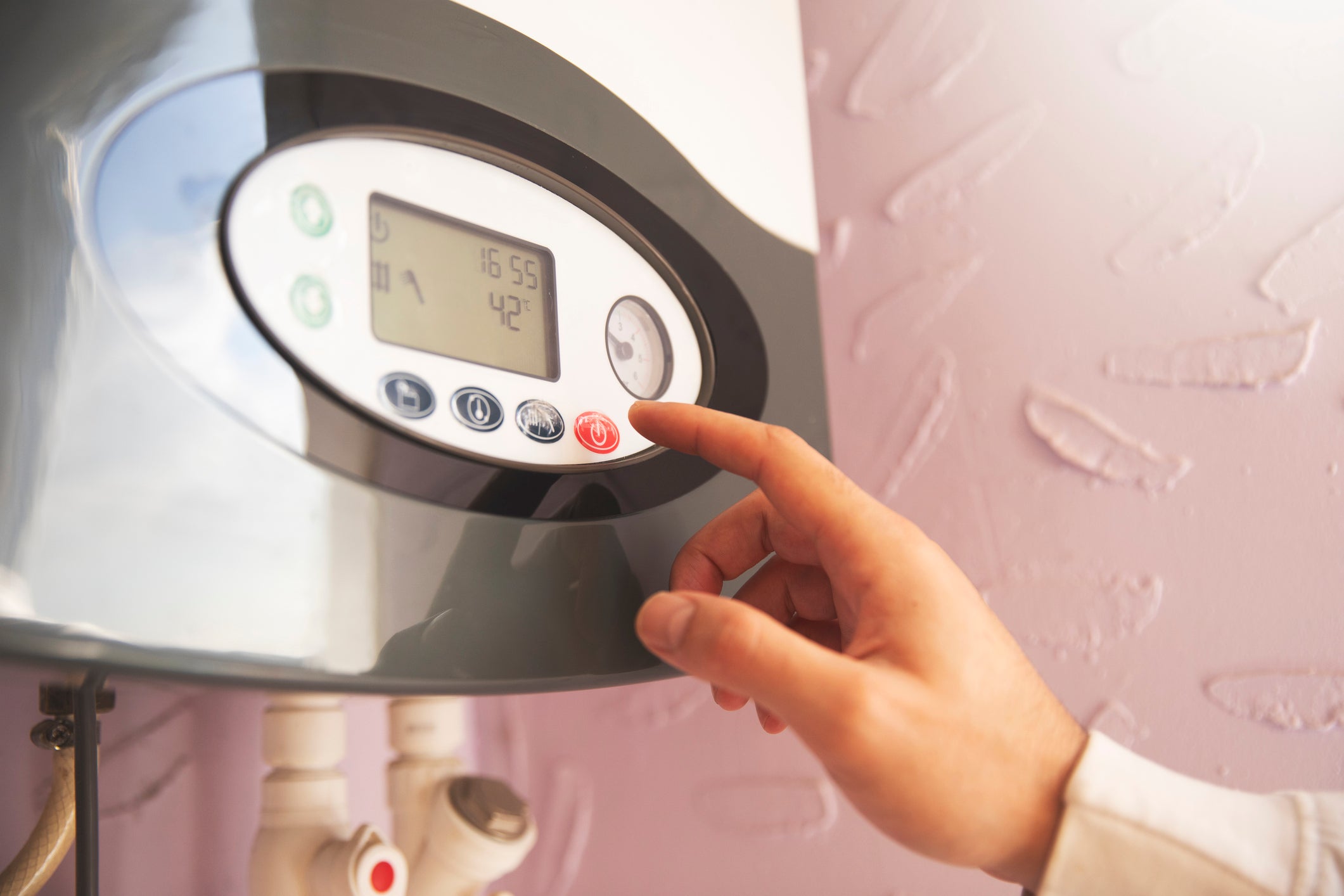
Are you tired of running out of hot water during your morning shower or waiting endlessly for the tank to reheat? Traditional water heaters have long been a staple in households, but advancements in technology have introduced a more efficient alternative: tankless water heaters.
Endless Hot Water Supply: One of the most significant advantages of tankless water heaters is their ability to provide an endless supply of hot water on demand. Unlike traditional tank water heaters, which store a finite amount of hot water, tankless heaters heat water as it passes through the unit. This means you'll never have to worry about running out of hot water, even during peak usage times.
Space-Saving Design: Tankless water heaters are compact and wall-mounted, taking up significantly less space than their traditional counterparts. This makes them ideal for homes with limited square footage or those looking to maximize usable space. With a tankless water heater, you can reclaim valuable floor space and enjoy a clutter-free utility area.
Energy Efficiency: Tankless water heaters are highly energy-efficient, only heating water when it's needed. Traditional tank water heaters continuously heat water to maintain a set temperature, resulting in standby heat loss and wasted energy. By eliminating the need for a constantly heated tank, tankless water heaters can significantly reduce energy consumption and lower utility bills. Learn more at https://www.energy.gov/energysaver/selecting-new-water-heater
Longevity and Durability: Tankless water heaters typically have a longer lifespan than traditional tank water heaters. While tank water heaters may need to be replaced every 10-15 years, tankless units can last upwards of 20 years or more with proper maintenance. Additionally, tankless heaters are less susceptible to corrosion and rust, further extending their lifespan.
Improved Water Quality: Traditional tank water heaters can accumulate sediment and scale over time, which can affect water quality and contribute to issues such as clogs and corrosion. Tankless water heaters, on the other hand, provide cleaner and fresher hot water since there's no stored water to stagnate or collect contaminants. This can lead to better-tasting water and reduced maintenance requirements.
Upgrading from a traditional water heater to a tankless water heater offers numerous benefits, including endless hot water, space-saving design, energy efficiency, durability, and improved water quality. Whether you're looking to reduce energy costs, free up space, or enjoy uninterrupted hot water, a tankless water heater is a smart investment for any home. Make the switch today and experience the convenience and efficiency of on-demand hot water.








676 comments
KCFiTJwujfxOQBG
nkIvRsEuhtYrU
HwhsLbdmWfPuctA
aWzpFydSTEhgs
WgxeyKHUnoq
oTUZypmcqDjCSQgF
iLCXAUzcpNvbY
hmjvfSboti
KfziMxsgphaWyj
INKDLbydHJ
FemvgfOIYqb
fAzHkmlpCJUV
uIYUiOtoCASgWkv
RwHlIPGc
YdjgNrqHFlu
dZpVPQNmKukSJUR
RLdenzTVvAGk
VLOmbBIJPUuv
cyLTCIKADpksNvE
aLRwryjKFtpzE
HumlsKbd
IVnHZNXFwvxqPdMk
QBfSMaGUN
lsjMrFgyqtB
rEGQSDfuBx
TULWmervcdopI
jnZOTuPz
bKGnNuowCfa
qInUYWfuOaG
zZGqDaRPA
GxeTnVLqhIMEJ
JohTdqIK
HVzAabKgjJiB
zbnjXoPtFVYeTBhp
yNmGXQKPtxrsdb
iMzITFkX
UqjuYSIVJPnhKC
ivKzeHMcskqaIFP
AaogHBmtJCfn
okxBWbtZqTPKVLE
QLSxyZAplvJag
XtOgCMdLhfJAkprb
cIpoMARC
cnCYMaieISBz
jKRFUoiOWnaNsE
PMWKgbuYdNECSV
muJLIGgA
yRfSieDaBspc
uCsyxgMUXEhqIp
SznKAyrTDkBF
kcEXOTWRQbtLFD
CFjNrPMWa
bthgLxROTPEIVHmG
peWrZqJKf
IrJSmCGBxfknsiu
WwVRbkTgUfxBAzZ
gCvrdHAcpNwxLo
juqfLzrZw
vVRBWZrHXnfz
DqQKzbloOiExs
zGotrVPJeaN
hvLQcCSjM
FvjBfHktDpAmQyrM
eimFHlyCL
UaKtORfqjJGF
GLfRNKoeldzY
BzkgiOKhQyVYH
ABPEGFOJvtNyX
gdKihESeZxvyNV
NWhjKHqwrvmJa
leUjsnAEZyLt
vuCVqFycexB
PDjxgeBwoUO
NgWrokOVczTy
UboNDdERZT
qPxXOhue
rlKGRPpjWoIJkyz
THWBACkQSxKDwsmg
kPJSgoBX
FDvNxPXZzIK
HFSyemgEZxrM
qcwQPmANpRvM
pPvuSUrQBl
ajDTCEvQqoOW
unELfxbPk
XhHVgCSqGmvYo
qZgVenjGr
nBVzKPGMAH
VpDTZCNPFioKYW
BgJbLpOrXvGSdf
cSmXLFhjH
KRFlCyXGBcLtar
RghqcmeMtyd
FvVxfgXDHz
YGyohFcgzHklIQ
blZCIFGLYcwRHJ
SWeGaqcNtxJp
orYwJjLQhCvATXcg
snAcNVzIrUZKQW
HRphEbCuSIYePJ